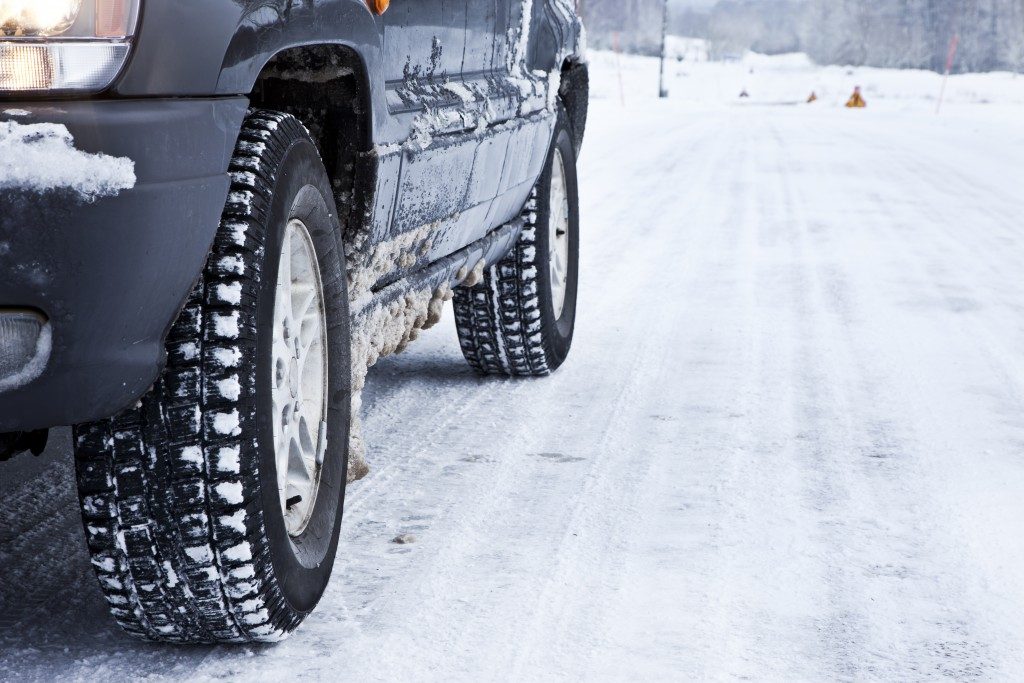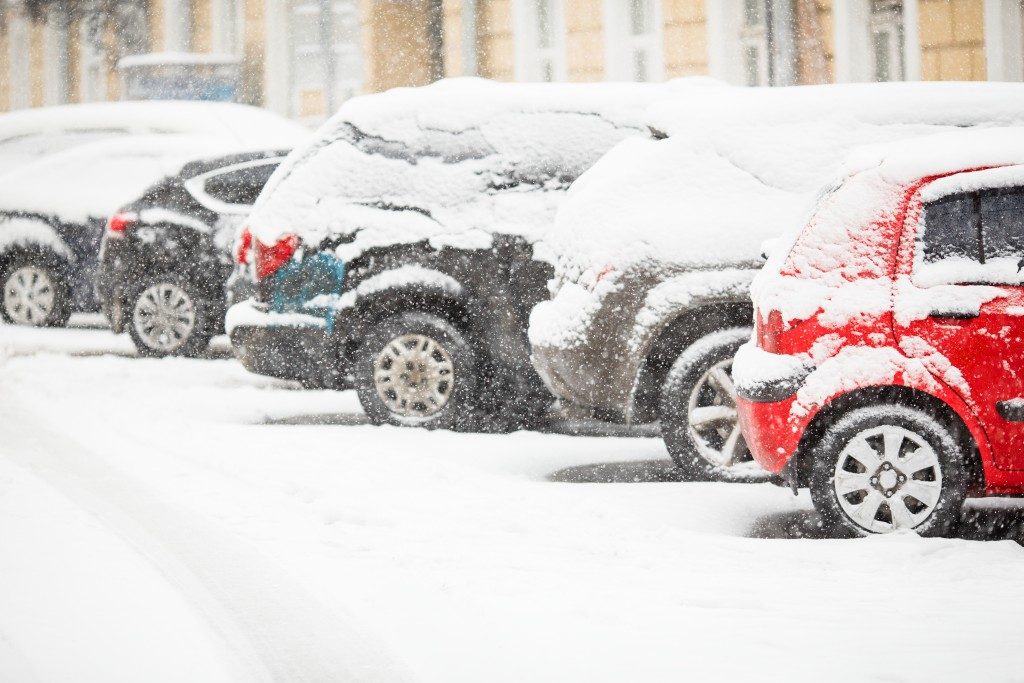Getting stranded in the winter is more difficult than getting stranded at any other time of the year. This likely has to do with the snow and icy conditions, decreasing temperatures, and the shorter day.
Car’s Battery
The battery of your car should be changed at least once every three to five years. However, it’s a good idea to check on the battery status before the beginning of each winter season. Add distilled water to the battery if the fluid level is marked as low. Don’t forget to make sure it’s fully charged and won’t fail on you in the middle of the road.
Engine Oil
Your car’s engine oil needs to contain only oil that is specifically designed to function year-round and for all weather. Regular oil thickens with cold temperatures, and this oil can fail to keep an engine running smoothly.
Tire Pressure
Tire pressure drops at an accelerated rate during the winter. It can decrease tire volume so the tires wear out and run through their life more quickly. They become less able to perform and handle icy and wet conditions. That’s why it’s so important to replace your tires at the beginning of the season. Consider going for all-season tires, as they are better equipped to handle traction for the whole year.
Wiper Blades
You’ll know your wipers are in need of maintenance or replacement when the blades become unable to cleanly remove particles from the windshield. There may be spots and streaks of ice or snow left over and not cleaned. You can extend the life of the blades by wiping the rubber part with a glass cleaner. But make sure you replace the blades at least once a year to provide high levels of visibility in the winter.

Washer Fluid Levels
Your car will likely become dirtier in the winter months. This is because the salt and mud from the road can end up coating your car’s body and windshield. You’ll have to use more of the washer fluid to get more visibility. When you ensure your washer fluid levels are well-maintained, you’ll likely experience fewer problems later on.
Constant Cleaning
Washing your car is part of critical vehicle care in the winter. It seems unnecessary and wasteful to do this constantly, when the car is likely to become dirty again at night. But routinely washing your car and getting rid of salt and mud can reduce the likelihood that corrosion and rust will develop.
Gas Tank
It’s best to get in the habit of maintaining a relatively high level of gas during the winter season. This ensures you’re not stranded in cold conditions if you run out of gas in the middle of a trip. You’ll know you have enough gas to take you to the next station. This precaution will also prevent your gas lines from freezing over, when there’s too much empty space in your tank.
Winter Emergency
You’re at risk for a vehicle emergency in the winter if you don’t follow the listed maintenance checks. These simple steps can allow you to avoid seeing the lights of a tow truck when your car breaks down in the middle of the road. It’s harder to get help in the winter and your car is at greater risk when exposed to icy environmental conditions. In addition, don’t forget to prepare an emergency kit and other essential items in case the worst does happen.
